THE SILENT SOLDIERS
Stories from our young carers
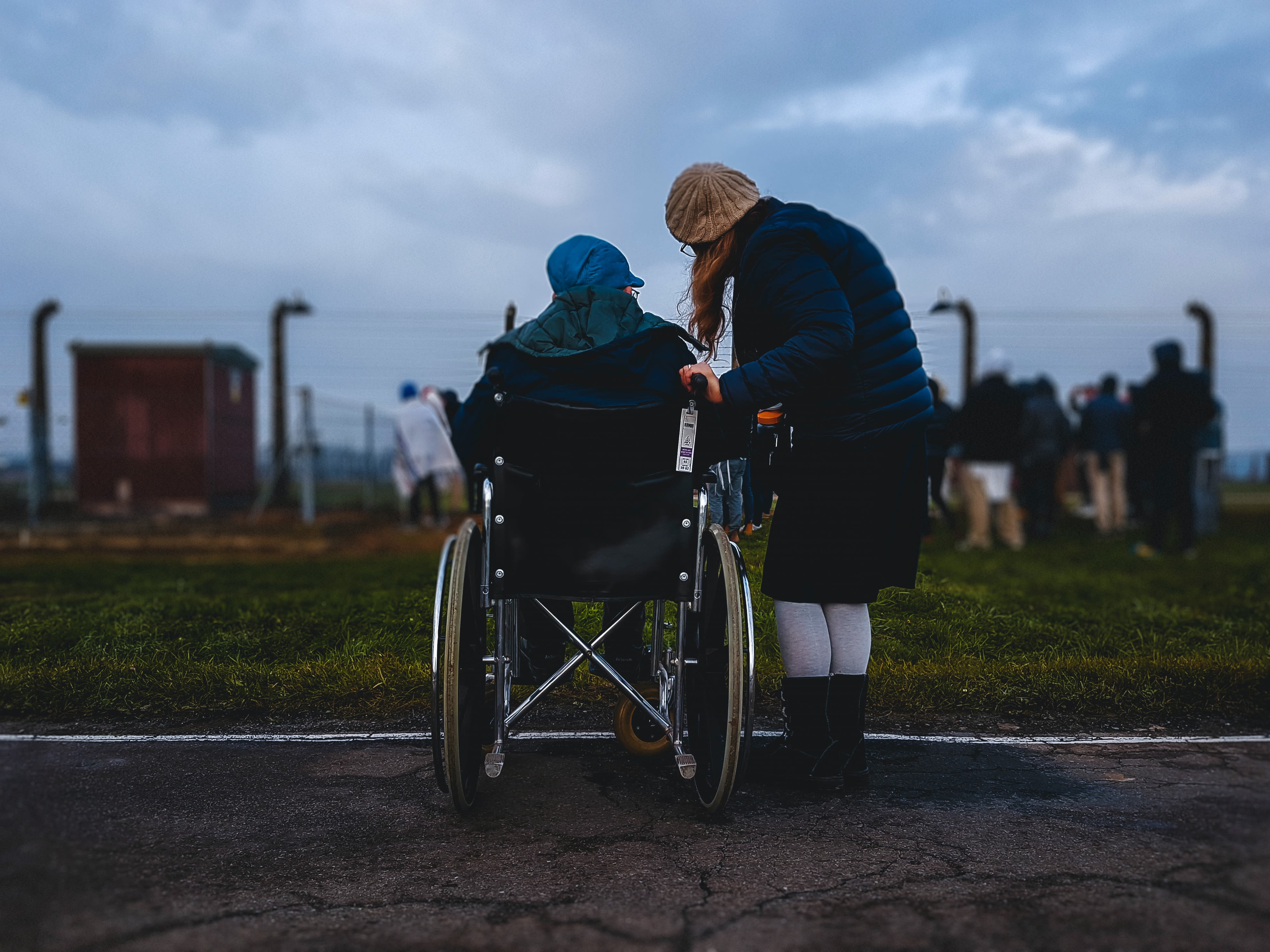
Finding yourself in a position where you have to care for someone can happen at any moment in your life. It’s not usually a choice, but an obligation and a desire to help someone you love.
For many, that can happen before the age of 18.
It’s been estimated that there are around 800,000 people between the ages of 5-17 who are caring for someone in the UK. They are often hidden in society, with few confiding into their teachers or friends.
It’s become clear through research and surveys, that the act of caring for a loved one at such a young age can have a significant impact on mental health issues with feelings of isolation, depression and anxiety.
The NHS describes a young carer as someone under the age of 18 who looks after a relative with a disability, mental health condition or drug or alcohol problem.
This extra responsibility normally means they are compelled to carry out extra jobs around the house whilst also giving significant physical and emotional help to the person they’re caring for.
It’s important, when looking into the emotionally taxing topic of carers under 18, that carers from the ages of 18-25 must be considered equally. They are referred to as young adult carers and often carry out identical tasks to the young carers.
More often than not, they started before the age of 18 and have developed their growth into adulthood living under the shadow of their caring responsibilities.
A carer’s allowance exists but the requirements to receive it state that you must be over 16, spend over 35 hours a week caring for someone, not be in full time education or studying for 21 hours a week or more.
These requirements can be perfect for adult carers, but the strict legislation often results in the work of young carers going unrecognised in the eyes of the government.
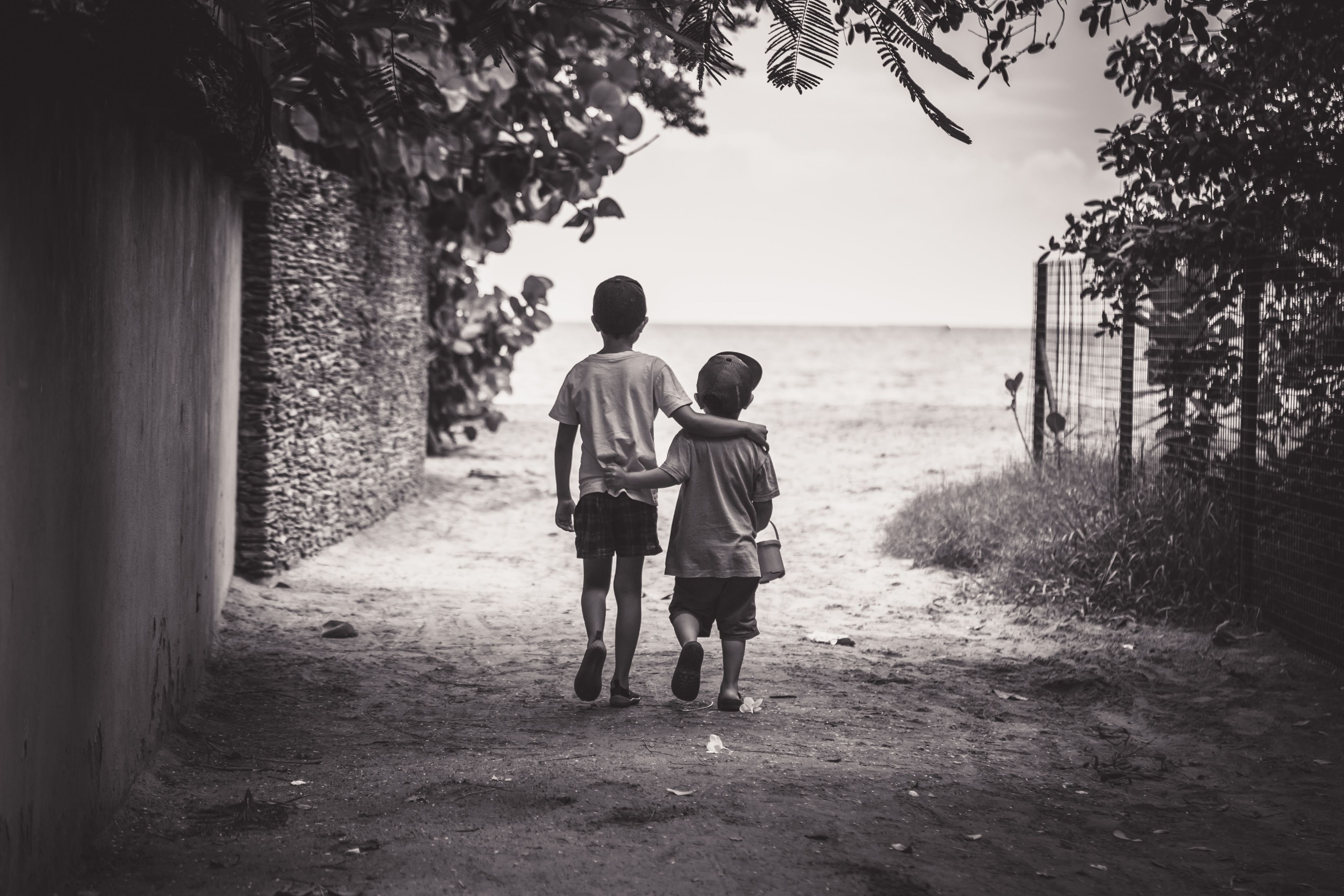
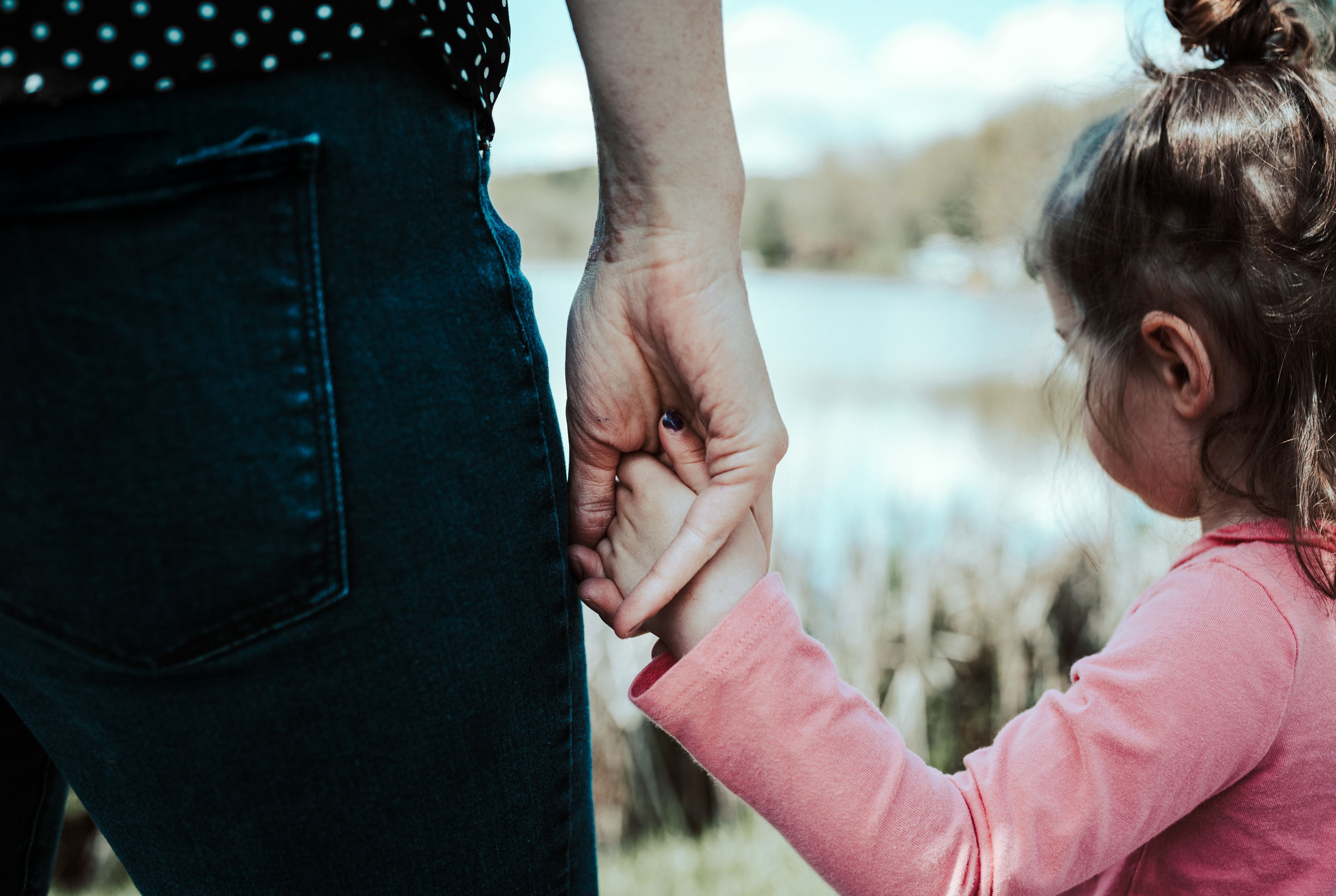
The International Labour organization recognises the term “Child Labour” as referring to work that:
“Is mentally, physically, socially or morally dangerous and harmful to children; and/or Interferes with their schooling by: depriving them of the opportunity to attend school; obliging them to leave school prematurely; or requiring them to attempt to combine school attendance with excessively long and heavy work”
It’s worth comparing this definition to the following accounts from unpaid young carers and, although in many cases the similarities are not nearly as severe, the effect on mental health and education is clear.
Young carers are by no means faced with the same opportunities as their responsibility free counterparts at school, and the mental and physical work that they undertake on a daily or weekly basis is undeniable.
Every single account of caring is unique and filled with individually catered challenges, and one of the important things to recognise when understanding young carers, is the wide scope and that no two young carers are the same.
Here are some of their stories.
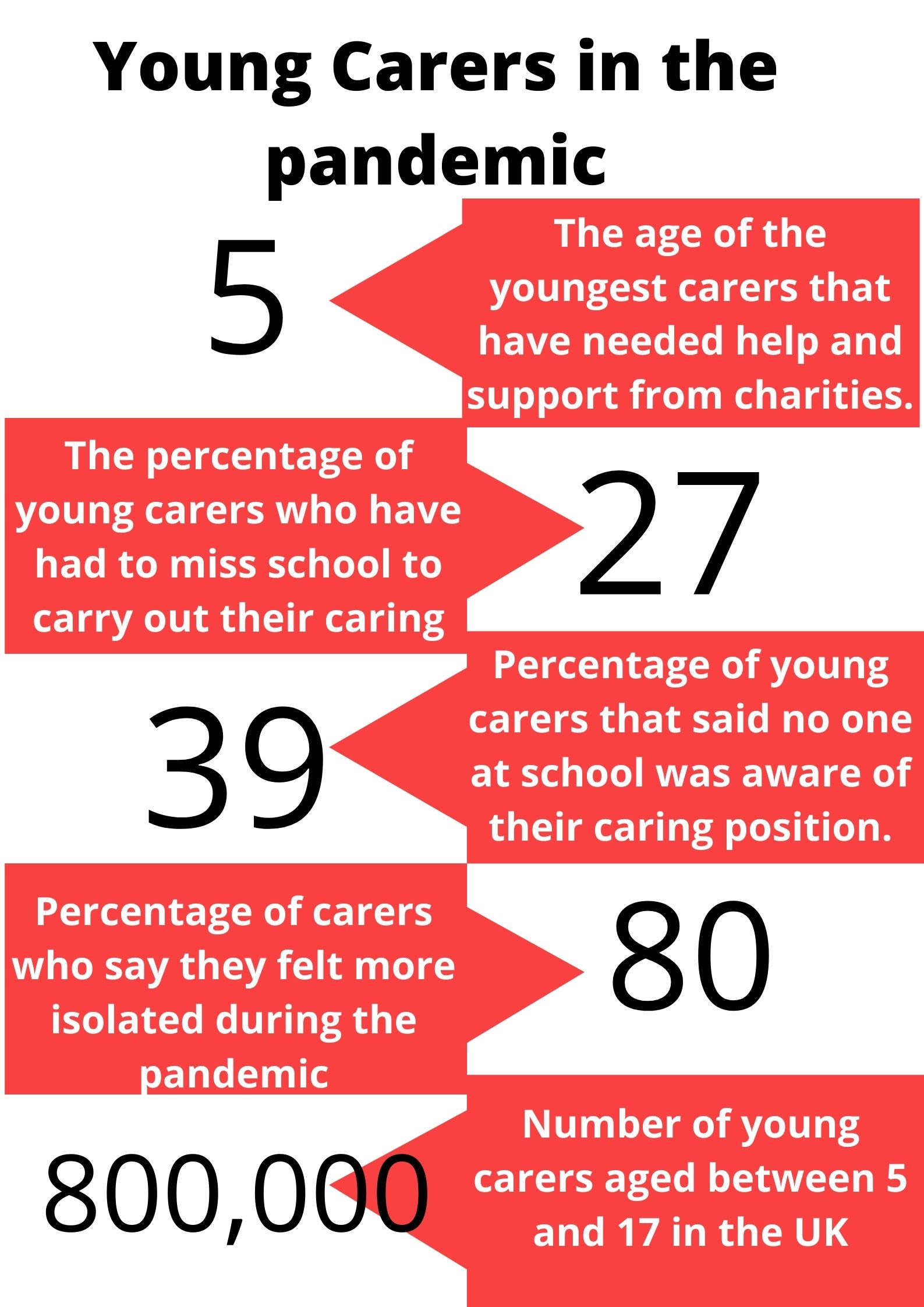
Infographic showing how young carers have been affected by coronavirus with statistics taken from carers.org
Infographic showing how young carers have been affected by coronavirus with statistics taken from carers.org
CHARLOTTE
Aged 13
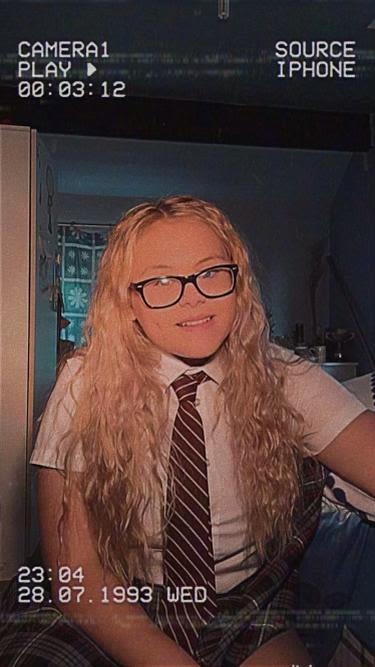

Charlotte, by Charlotte
Charlotte, by Charlotte
Charlotte’s dad suffered from a stroke in 2019 and she now finds herself helping him to walk around the house, making him food and drinks, and generally assisting him on a daily basis.
She and her 16-year-old brother are in charge when their mum is out of the house, and they make sure that they are there to provide him with comfort and support.
“We got told it was a hard stroke on him, and it’s changed him loads compared to how he was before.”
Charlotte’s dad can’t work now and has to stay at home on a daily basis, but he is receiving support, such as speech and language therapy.
“If he’s not having a good day then his speech is really bad, sometimes he can’t think of the word he’s trying to say.”
Charlotte has found that her school have been quite helpful, and she has received a lot of support from the local young carers charities in Denbighshire, who provide groups to play games and talk about mental health.
These groups act as a release from her caring duties, removing some of the pressures she faces.
“I don’t have to be the adult helping out at home, I can just be a child when I’m there.”
Her schooling has been impacted quite a lot because of her caring role, mainly due to the commitment to her dad, and the toll it’s taken on her mental health.
“I missed quite a lot in year 7, I didn’t go in at all, I went in a couple of days a week and missed loads of homework just because of it.”
She said that it’s important to educate schools and teachers because it means that she can let her teachers know that her dad’s ill, and she won’t be able to do her homework straight away.
The transparency relieves a significant amount of pressure and ensures she won’t suffer from a detention over something she has no physical control over.
ELLA
Aged 17
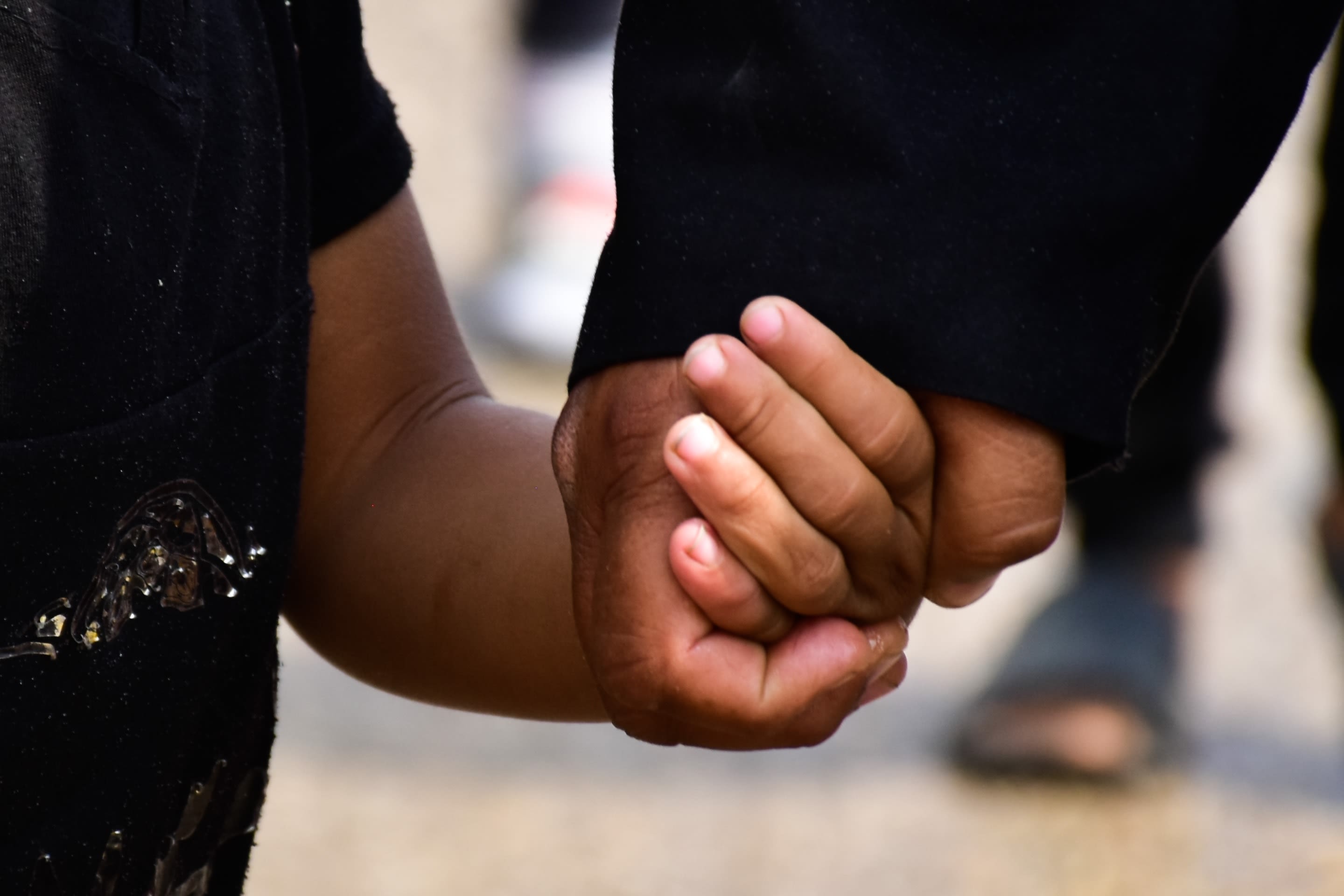
It has been about eight years since Ella started caring for her mum who has suffered from Functional Neurological Deficit disorder on and off for most of her life.
Ella helps her mum with the cooking, taking care of her hygiene, with errands and general jobs around the house.
It’s just the two of them living together, so Ella has found that it can take over a lot, especially if she’s at school whilst thinking about her mum.
“There’s times when she can’t leave bed, so she can’t eat, she can’t go to the toilet, she can’t wash.”
They have gone through periods of having carers that would come in the morning when Ella would go to school, and then leave when she’s on her way home.
However, due to the inconsistent nature of her mum’s illness, the carers have assessed that her mum no longer needs help and cancelled their services, only for Ella to find that a few months later, her mum is even worse than before.
When Ella then contacts the service for them to come again, they’ve found themselves on a four month long waiting list.
This has left her mum very vulnerable and lacking independence when Ella is at school.
“She ended up trying to cook, and she burnt the kitchen, which I’m scared of again. But we made this rule, and I’ve put so many posters up, so she’ll come in and see, 'Do not cook without Ella'.”
Ella said that the main thing she has found from her caring role is how inconsistent it is.
“At times my caring role can be quite demanding, but it’s not consistently demanding, because sometimes she has her good days and sometimes, she has her bad days.”
This means she is often quite happy at school, but other times she would make sure to rush home so that she can check her mum is okay.
Despite the massive stress and pressure that Ella is under, she doesn’t like to tell people her situation, and only a handful of people at her school know what’s going on. But at the same time, she wishes that people were generally more aware of what other people may have going on in their lives, and that they were a lot more sympathetic and understanding in general.
“I don’t expect them to assume, I just want them to be aware, because it’s with anybody, even if they’re not a carer, I don’t like how they assume that everything is good at home.”
Ella doesn’t believe that there is any awareness of what a young carer is, not just among her age group, but also among adults and teachers.
She reminisced to a time when she told someone that she was a young carer and they said, “What, do you work in an old people’s home or something?”.
She found caring for her mum during the pandemic a lot harder due to the addition of online learning into her home. The amount of work to do alongside caring was so overwhelming that she had to take a break from learning to focus on her and her mum.
Ella is hoping to go to a university in London so she can stay living at home and commute, but that will mean she will miss out on the classic student experience.

Ella did not want her photo included.
Ella did not want her photo included.
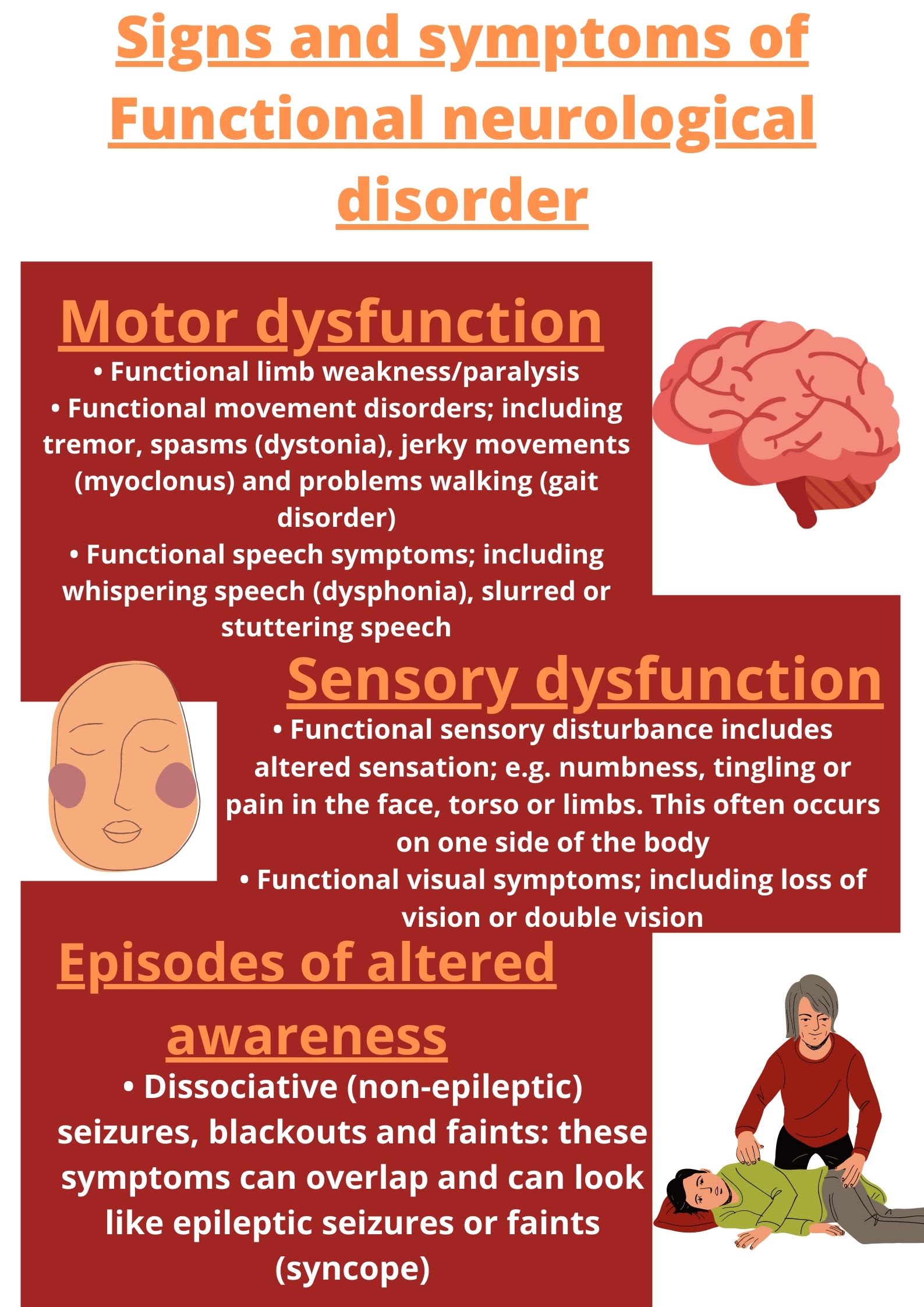
Signs and symptoms of functional neurological disorder
Signs and symptoms of functional neurological disorder
CAROLINE
Aged 21
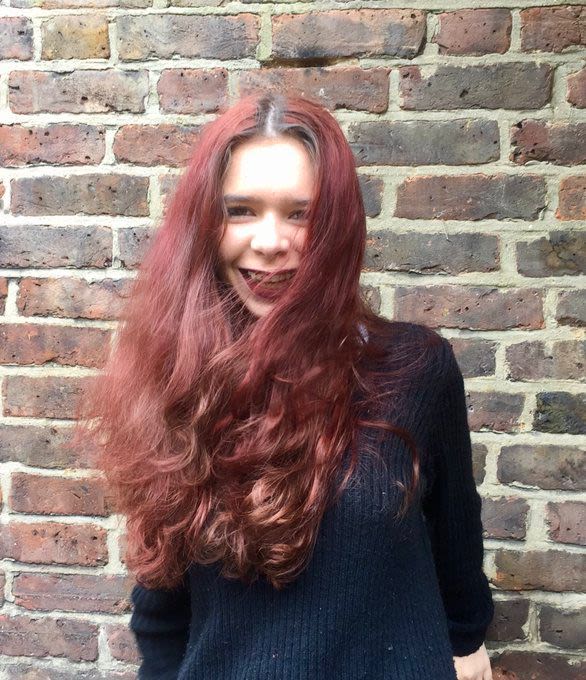

Caroline, by Caroline.
Caroline, by Caroline.
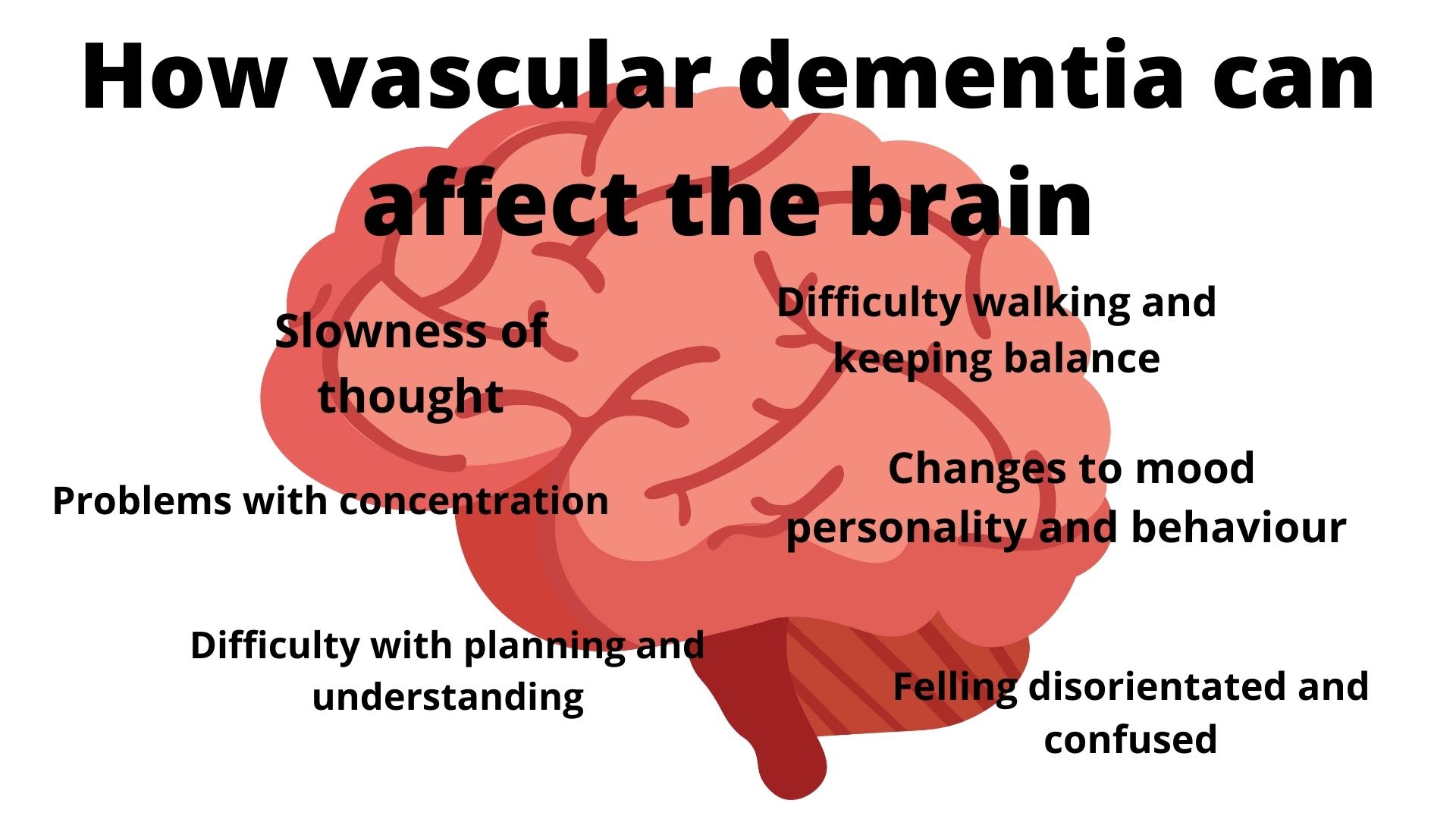
How vascular dementia can affect the brain
How vascular dementia can affect the brain
Caroline struggles to pin down the exact moment she became a young carer because the experience has unfolded gradually over her lifetime.
Her grandmother was diagnosed with Alzheimer’s when she was around nine or ten, and her grandfather was her primary carer until he had a series of strokes that left him with vascular dementia when Caroline was around 12 or 13.
From that age until now, Caroline and her mum have been supporting them with their care.
Caroline found her education severely impacted due to caring, as she was consistently missing lessons and finding herself unable to complete homework.
“I had a couple of times I had to leave class because of emergencies, take a phone call and come back in saying, “they’re calling an ambulance for my grandmother I have to go”.”
She found the school seemingly nonchalant about her absences, with no apparent concern for her safety and well-being despite these direct references to her situation at home.
“No one ever followed up with me ever asking me if I was alright or if they could do anything to help.”
“It got to the point where my teachers at college barely knew who I was, I remember one of my college tutors asking me if I’d walked into the wrong classroom.”
The school support for Caroline was clearly not there throughout her entire educational experience, and this is without a doubt one of the things that society must tackle in order to improve the quality of lives for our young carers.
When looking for help, she told her teachers, but it became clear that no one knew what a young carer was.
“I definitely said, look this is what’s happening in my home… No one kind of got it or cared or showed any understanding… I didn’t expect them to, because I didn’t understand it.”
She eventually found herself having to permanently stop studying for her A-levels halfway through year 12 because the balancing act was too much of a burden on her mental health. However, Caroline is now having to face the implications of leaving school at such a young age due to her current struggle to find a job she is interested in.
“The only work that I’m qualified to do now is care, and I don’t want to do that.”
Despite having so much to cope with whilst growing up, she never really knew what was going on, and she’s now fighting as an adult to say that her experience wasn’t normal, and she should have been told.
EMILY
Aged 18

The start of Emily’s caring experience can be pinpointed to 2017, when she used to care for her mum who had terminal cancer. She now cares for her 16-year-old brother who suffers from autism.
She said his autism is quite high functioning, but she still needs to help him with tasks around the house, with his homework, and being there for him and providing him with someone to talk to.
“I have to do schoolwork, and be at school, and care for my brother when I get back in the evenings, so it’s a long day really.”
Emily and her family live in Newtown in Powys, and she has managed to receive help and support from Powys and Credu carers organisations.
The charities are close to Emily’s heart and when her mum passed, she worked alongside the charities to help raise awareness for unpaid carers.
The Covid-19 pandemic and subsequent lockdowns have been a struggle for carers for a variety of reasons such as isolation and increased workload.
“I once saw school as a way of seeing my friends and being out of the house really, not so much as to escape my caring role, but just to have something else to do other than care for my brother.”
“It’s been quite difficult with the online learning and making sure he gets on with his stuff while I’m also getting on with my work as well.”
As Emily and her brothers’ dad works as a delivery driver, he continued to work throughout the pandemic. This led to him being out of the house a lot, increasing Emily’s general responsibility around their household.
“I’m planning on going to Uni in September, but a lot more locally than I might have done if I wasn’t an unpaid carer. But that means I will have to rely on family support to help my brother because I won’t be there basically all the time.”
Emily believes that we need to do more now than ever to raise awareness and help young carers around the UK to get the support they need.
“A lot of people don’t actually know that they could be an unpaid carer. They could be providing support for a relative or a friend and they might not even know that. They might not even know what support is available.”

Emily, by Emily
Emily, by Emily
JAX
Aged 18


Jax, by Jax
Jax, by Jax
Jax has been caring for their father for their whole life. Their dad is a physically disabled army veteran who served in the army since the age of 16.
When he was 19, he broke his back, but was misdiagnosed with a pulled muscle, and it wasn’t until ten years later when he found out what had happened and was able to have corrective surgery. However, shortly after, there was another incident where he broke his back again, but this time he didn’t recover, and he now has permanent nerve damage.
Jax describes their caring role as “Just one of those things that have been going on since before I can remember.”
Jax helps with a lot of the physical aspects, such as helping him get changed and keeping on top of the cleaning and the maintenance of the house.
“I’ve always downplayed my role; I’m just doing what anyone would do for their dad.”
They have found that their school and education has often been negatively impacted by the caring responsibilities.
“It definitely had a big effect on my GCSE grades and how much work I was able to do for them.”
“My school knew what was going on but didn’t say, "do you want any help", they kind of just knew what was happening.”
At the end of year 12, they found that it wasn’t attainable, so Jax left and enrolled into the local college, gaining a BTEC in Business admin.
The Covid-19 pandemic hit Jax pretty hard as, not only did both them and their dad get Covid, but the caring responsibilities increased significantly due to the intensity of the situation. Jax was constantly worried about the state that their dad was in, and they knew if he got Covid, it would put him in a lot more pain than he was already in.
Looking back on their life as a carer, Jax says that they now realise how abnormal it was, and that as a kid, they shouldn’t have been dealing with it with no support.
It became clear to Jax that caring for their dad at such a young age has definitely had a negative impact on their mental health and is one of the reasons for the feelings of anxiety they experience.
“I’ve only just started to think about how much it has gotten to me… constantly worrying about my dad, because, he sneezes and he has to take extra medication that puts him in bed for hours.”
“It’s gotten to the point that I hear a sneeze and flinch because I associate a sneeze with pain, it’s gotten to that level.”
Jax agrees that awareness of young carers needs to be raised across the UK, in order to provide better support and help for those in need.
“Some people genuinely don’t know what a young carer is, people definitely don’t know enough about it, or how to support it.”
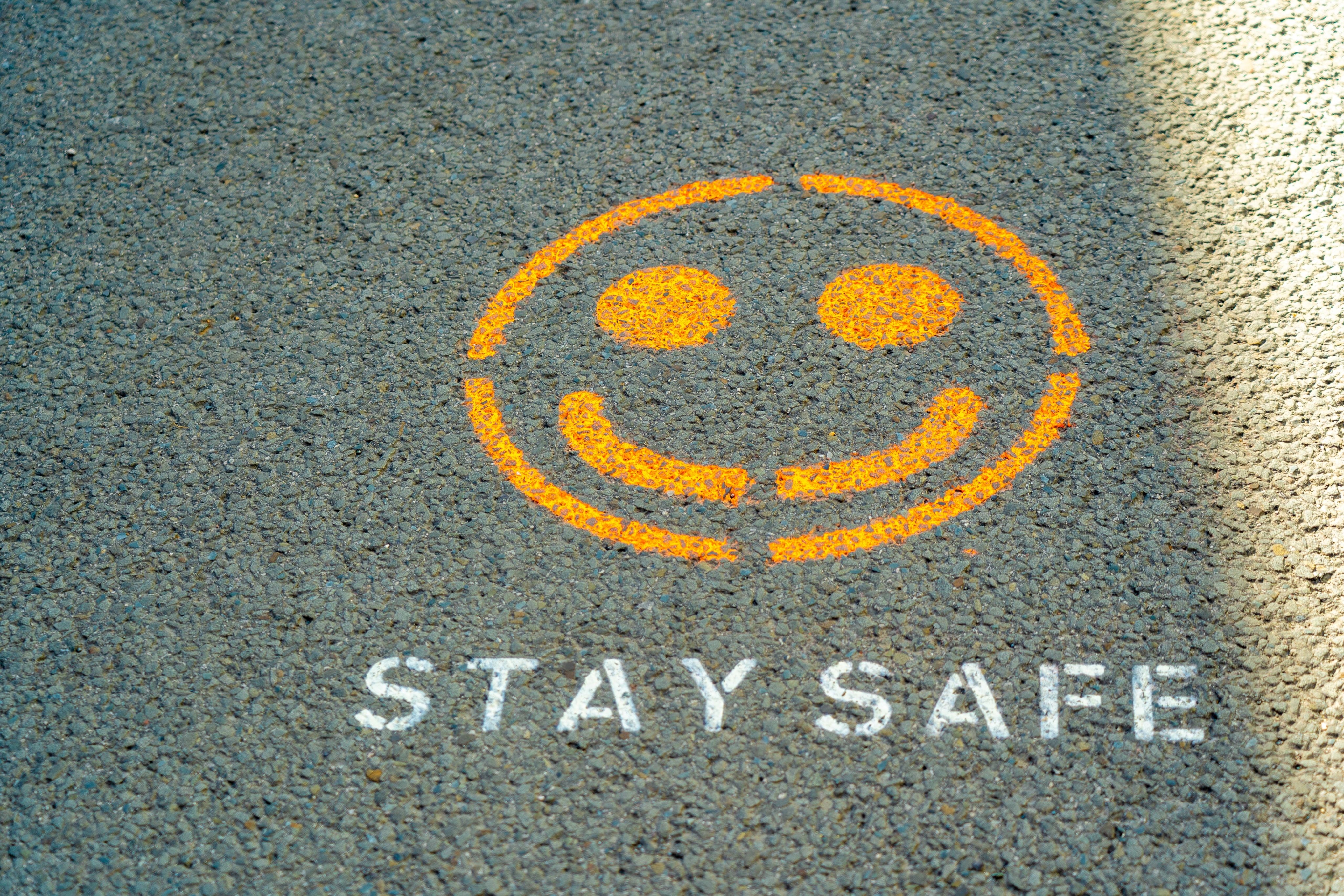
Photo by Nick Fewings on Unsplash
Photo by Nick Fewings on Unsplash
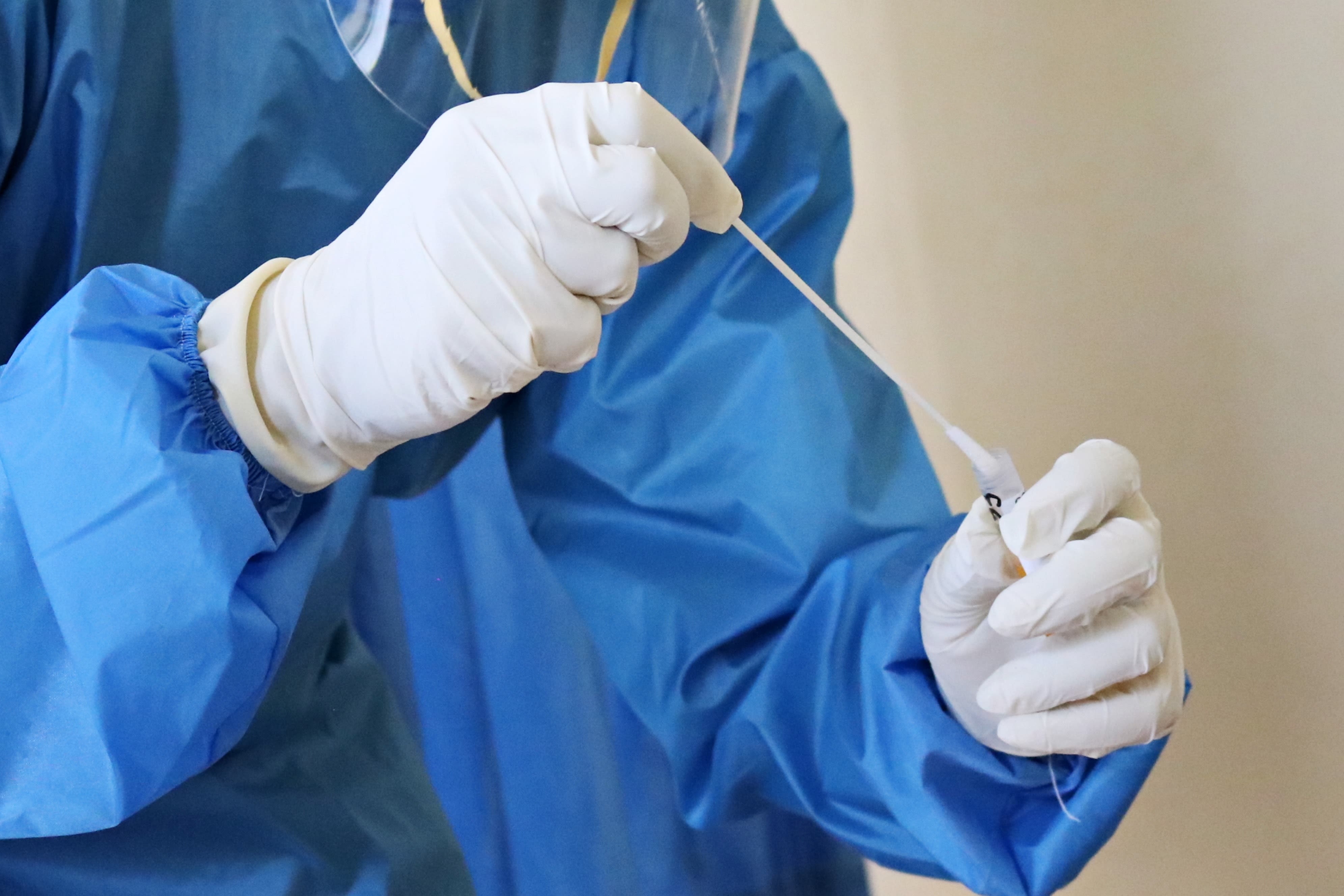
Photo by Mufid Majnun on Unsplash
Photo by Mufid Majnun on Unsplash
Take this quiz to see how much young carers have been affected by the Covid19 pandemic
